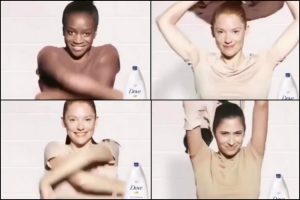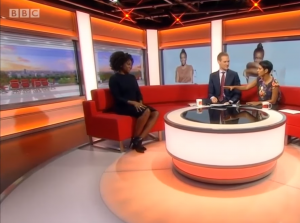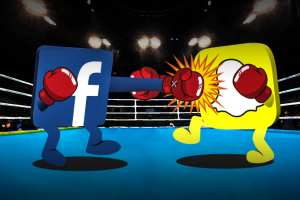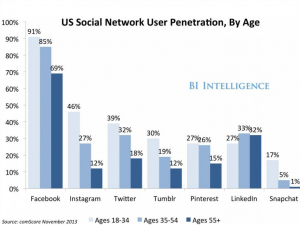Over the past years, the topic of political correctness has gained a substantial amount of traction. Most recently, an allegedly racist ad published by Dove, a personal care brand, has prompted an outrage causing men and women globally to hold a knife to their throat. I gained inspiration to write on this topic after reading Cara Adensamer’s blog, and reflecting on her response to the issue at hand and contrasting it with my own.
In my respectful opinion, this situation was vastly blown out of proportion, and the population had a false conception of the true meaning behind the ad. The original advertisement published by Dove was in fact thirty seconds in length, and featured a variety of women changing their shirts in quick succession. However, the shortened version of the ad used on Facebook only included the clip of an African American being “whitewashed” signifying that, as Cara suggested, that women of color are dirty, and inferior to white women.
The issue at hand is the general population’s naivety; they made the quick assumption that Dove is a fundamentally racist company, without watching the entire ad and attempting to understand the underlying message. The full version of the advertisement reveals the Caucasian woman taking off her shirt and becoming an Asian woman shortly after. By the same logic employed by those deeming this ad as racist, this implies that Asian women are superior to white women, which is simply untrue, dismissing their poor argument.

A more complete version of the ad, demonstrating that the white woman turns into another woman of color shortly after, dismissing the racist argument.
Following the outrage, the black woman in the ad, Lola Ogunyemi, spoke with interviewers at BBC and affirmed that her experience with Dove was nothing but positive, and that every model was “fascinated with the concept” of the advertisement and were blessed with the opportunity to be on set. In fact, Ogunyemi argues that Dove were not completely in the right for issuing a brief public apology on Twitter, and should have instead defended themselves from the colossal backlash on social media.

An image showcasing a BBC interview with the black dove model, who believes had a positive experience and did not see the ad as racist.
Although I disagree with Cara’s overall opinion, I completely resonate with her valid argument that Dove made a grave mistake in not noticing that the shortened Facebook ad could be perceived as racist based on the few seconds shown, when in fact, it is evidently not. However, I uphold my opinion that the ad portrays an effective product that works on women with any skin color, affirming Dove’s value proposition of empowering woman of all races.
Ultimately, many people, myself included, believe this to be severely overlooked and one of the many demonstrations that people are consistently looking for something to be upset about, and that political correctness is unfortunately getting out of hand.
Word Count: 441


